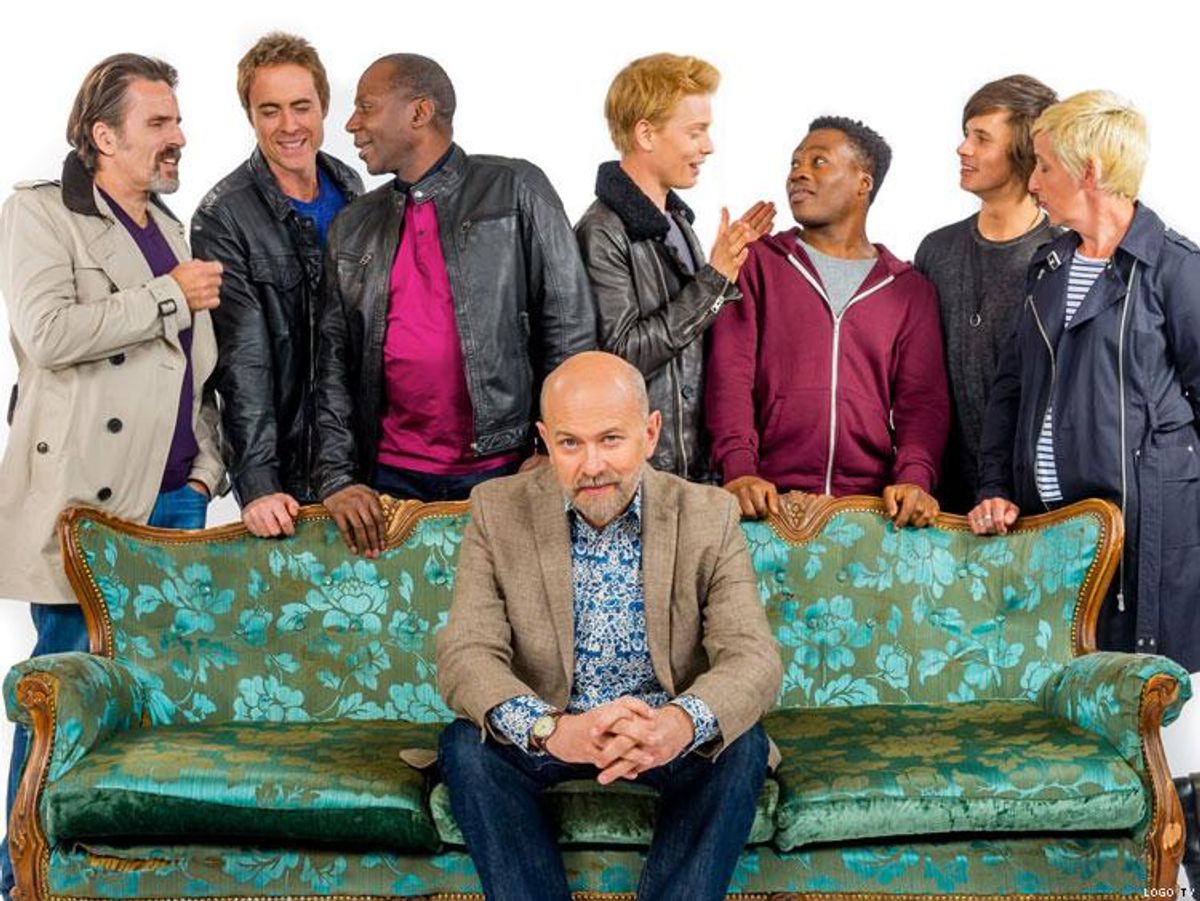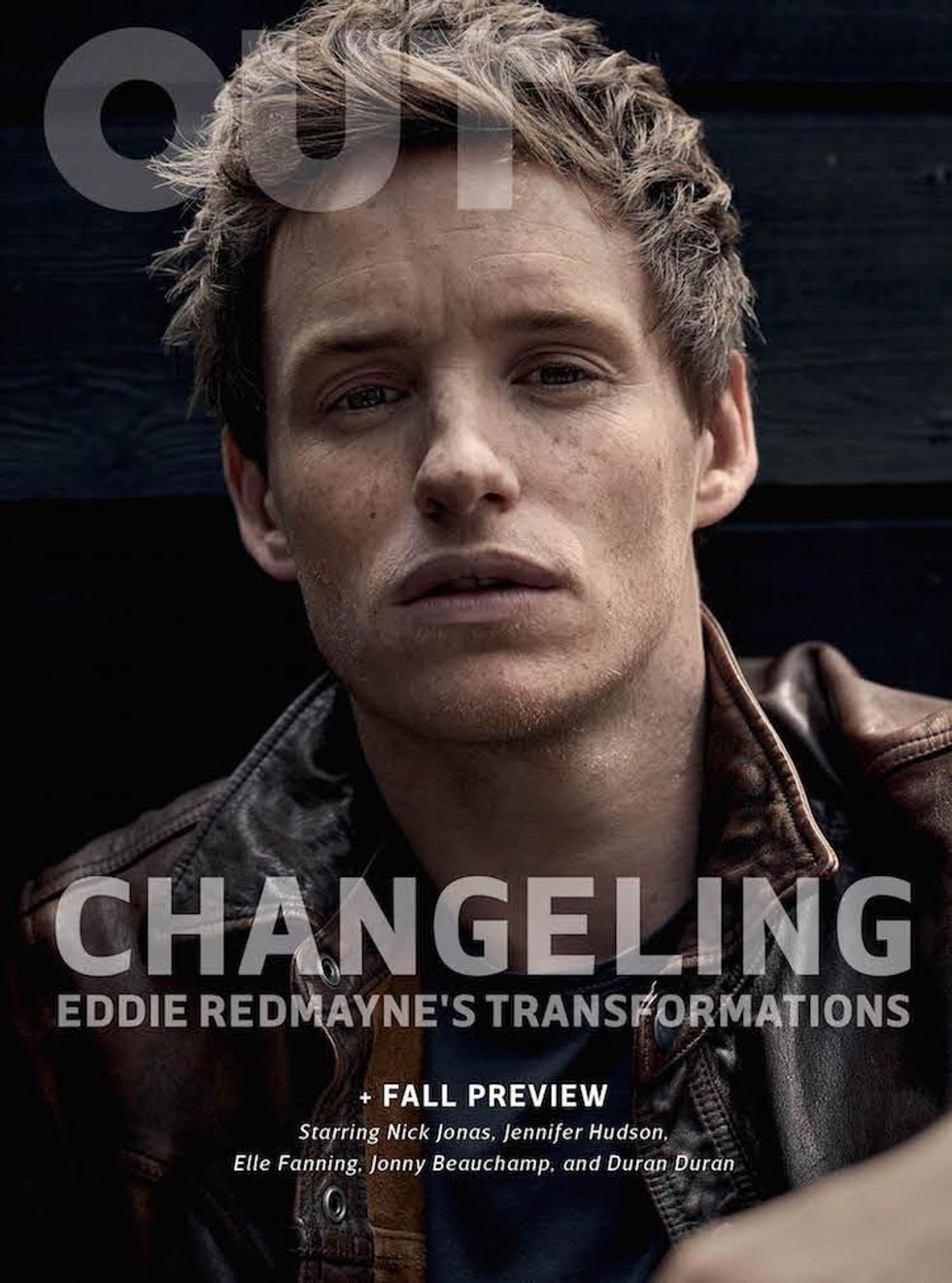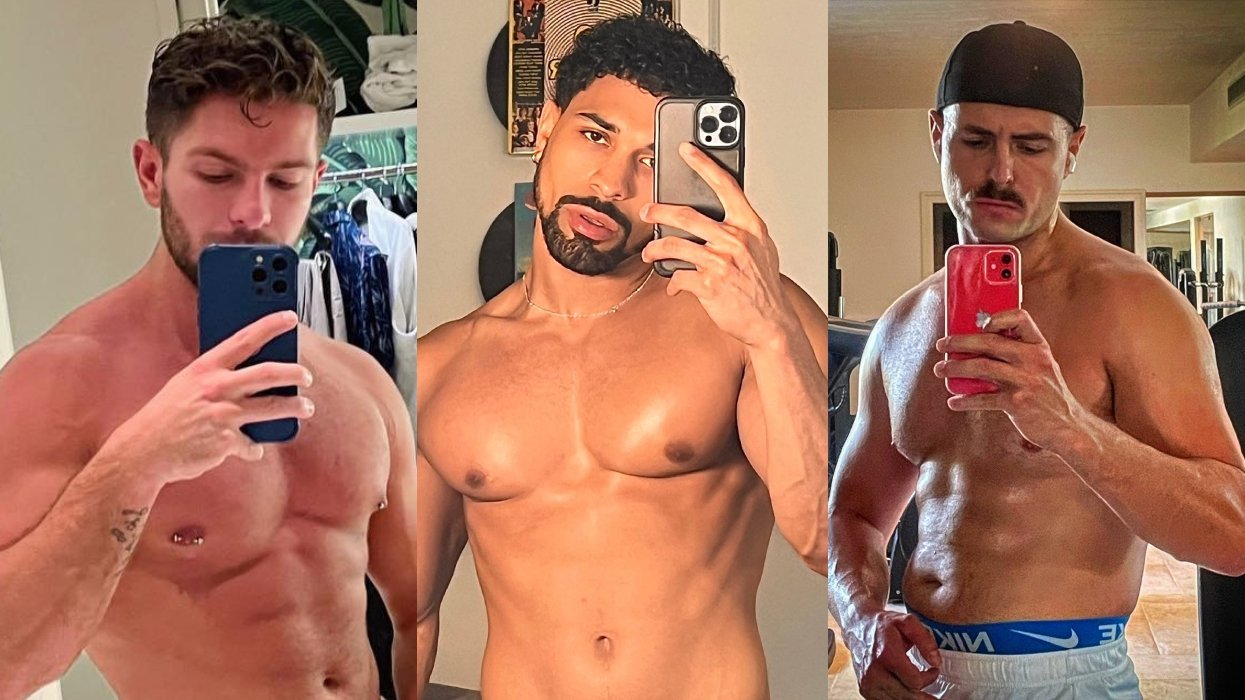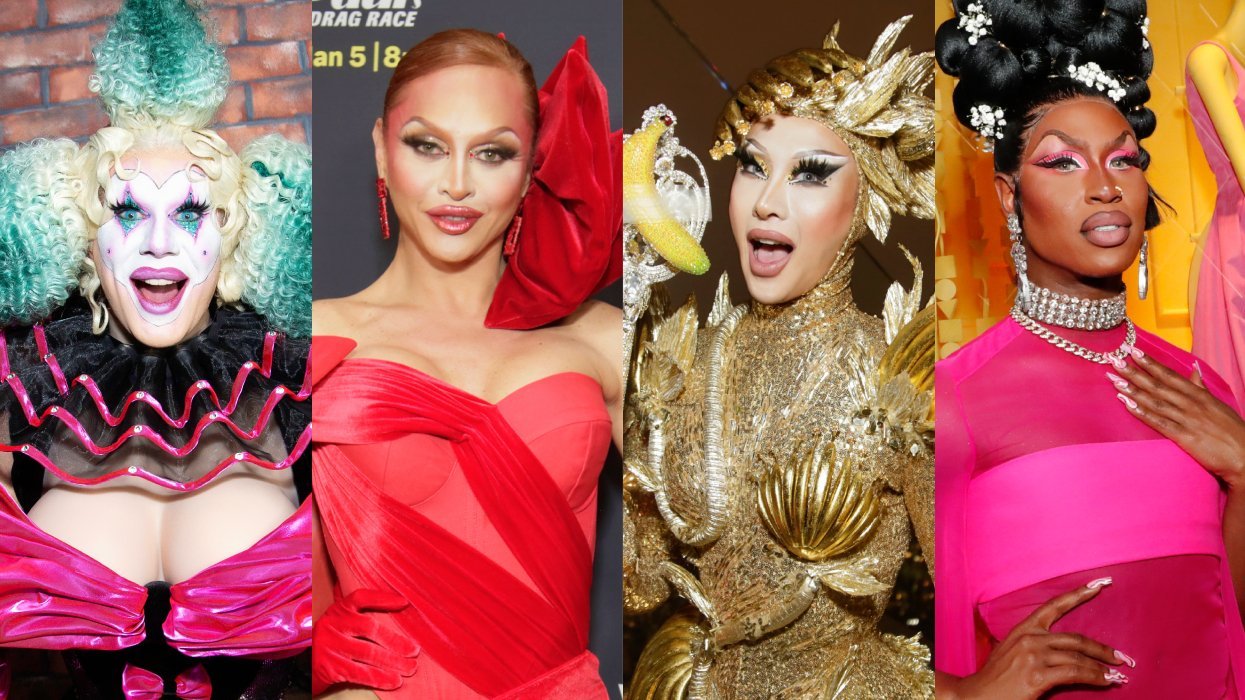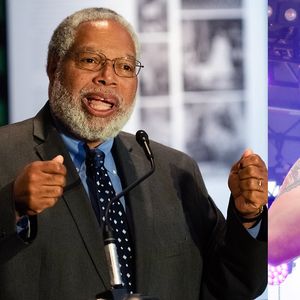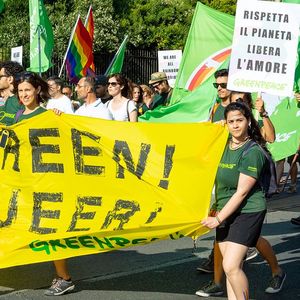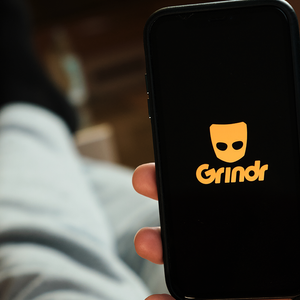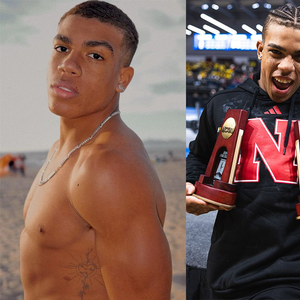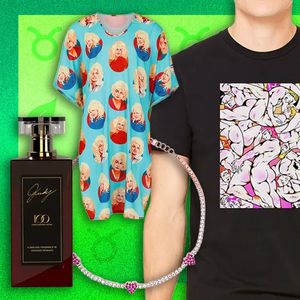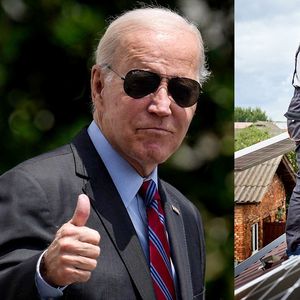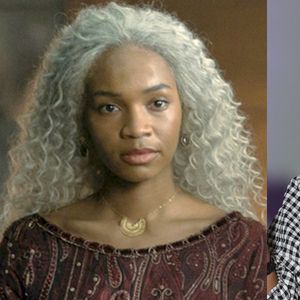Photo: The cast of 'Cucumber'
If you are among the paltry 55,000 people that tuned in to Logo earlier this year to watch the premiere episode of the British import Cucumber, or the paltrier 24,000 that watched its sibling, Banana, both helmed by the Queer as Folk originator Russell T Davies, I hope you stayed beyond those establishing episodes. Cucumber and Banana were slow to warm up, but by episodes three and four there was little doubt that Davies had created the most audacious and original queer series ever. Two of them, in fact. They were funny; they were sad; they were mischievous. Sometimes they were even profound.
With titles taken from designations for the Erection Hardness Score, developed by the European Association of Urology, Cucumber and Bananawere so audacious that I sometimes felt almost embarrassed to be watching. Yet how utterly novel to see gay sex treated in such a frank and casual manner. The shows are complementary but separate, with characters flitting from one to the other in a way that's reminiscent of the great Polish director Krzysztof Kieslowski's miniseries, The Decalogue, but with more dick and ass, and a much greater sense of fellowship. In fact, I've never seen the LGBT community treated with such equity, in which all the constituent parts of the acronym are present and fully fleshed out. I didn't buy a lot of the criticism of the late, lamented Looking, but Davies's two shows give me pause. They are populated by such a diverse cast -- black, white, old, young, gay, lesbian, bi, trans, straight, and of all different body types and shapes -- that you wonder why it's so hard for other shows to do likewise. And because Cucumber and Banana put all these people into the same orbit, you feel you are seeing the world as it is in a cosmopolitan metropolis like Manchester, England, where it is set.
There are, apparently, no plans for another season of Cucumber, but Davies has said Banana may return. It should. Although it's less complex than Cucumber, there's a cheery vitality to Banana that leaves you feeling optimistic. They can be poignant and touching, but Davies and his team generally favor a happy ending. In spirit, they are not dissimilar to Stephen Frears. His groundbreaking 1985 movie, My Beautiful Laundrette, centered on the unlikely relationship between a skinhead and a young Pakistani man who become managers of a laundromat. Interviewed for that movie's 30th anniversary, the screenwriter Hanif Kureishi recalls that "in the 1980s it was very difficult to get films about minorities made, and there were very few films with boys kissing.... We wanted to make a cheerful film about boy love and a reasonably cheerful film about racial change in Britain." Cucumber and Banana feel like the heirs to that instinct.
One other notable fact about Laundrette: It served as the calling card for Daniel Day-Lewis, who plays Johnny Burfoot, one-half of the film's interracial gay couple. In the mid-'80s, with AIDS in the midst of its devastating assault, it took a certain courage for a young actor with prospects to take on such a role. Fifteen years later, when the script for Brokeback Mountain was circulating around Hollywood, finding talented actors to tackle gay roles was still a challenge. It thwarted would-be director Gus Van Sant before Ang Lee took on the project, striking gold with his two leading men, Heath Ledger and Jake Gyllenhaal (though only after other actors had pulled out). So it was somehow fitting that at the 2008 SAG Awards, Daniel Day-Lewis should dedicate his Best Actor Award to Ledger, in part for his performance in Brokeback Mountain. It's often suggested that such roles should go to gay actors, but with performances like these it's hard to feel shortchanged. Now comes Eddie Redmayne as transgender pioneer Lili Elbe in The Danish Girl. He's clearly prepared for some criticism, but whether it sticks may depend on what he brings to the role. If he's anything like Day-Lewis or Ledger, he may go some way to neutralizing the blow. But if you want to see a real transgender actor playing a real transgender role, brilliantly, I recommend episode four of Banana. As a transgender waitress whose life is shattered when a spurned lover publicizes her private photos, the trans comic Bethany Black turns in a beautiful, modulated performance. If only more people had watched it.
SLIDESHOW | EDDIE REDMAYNE

